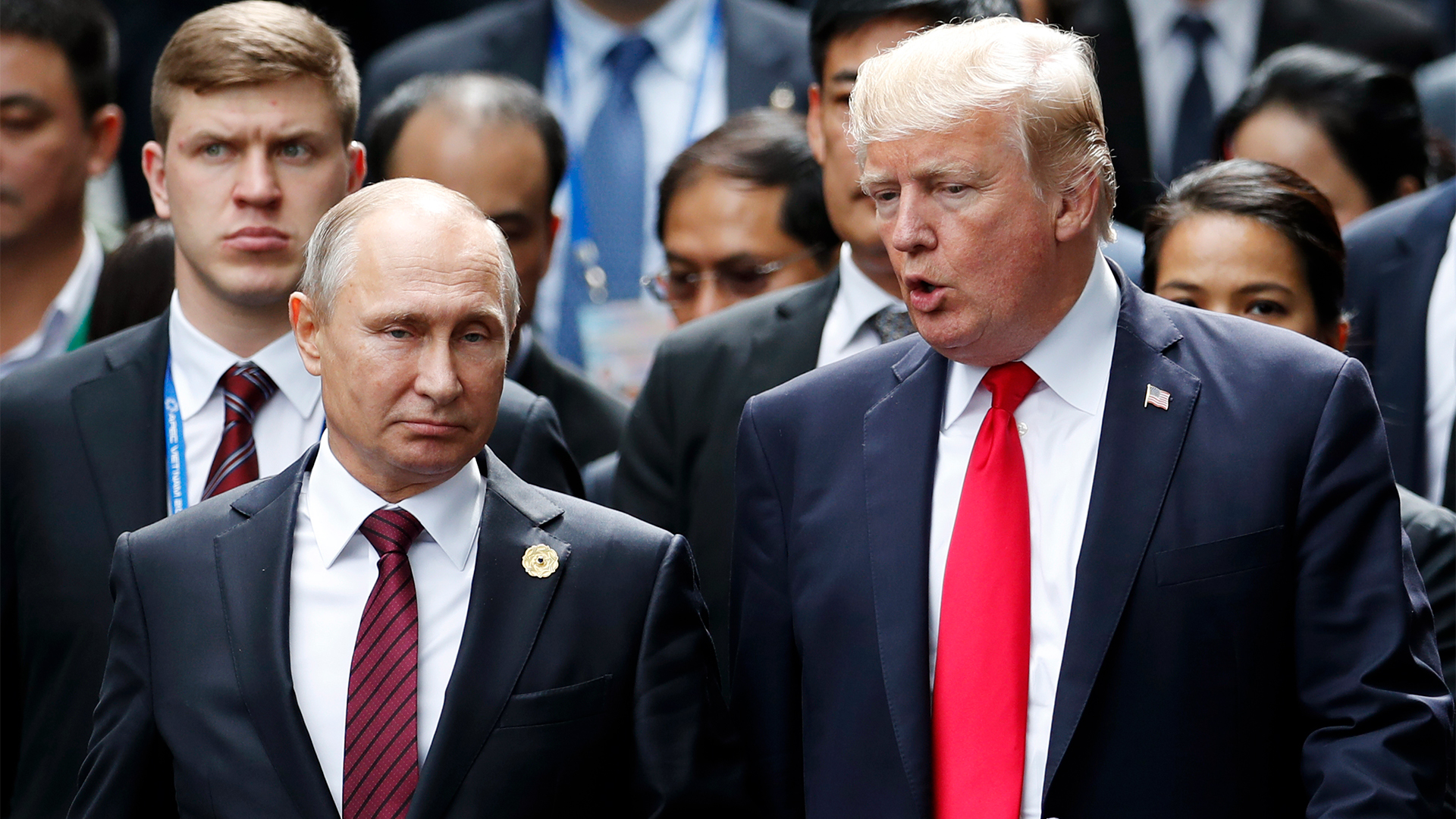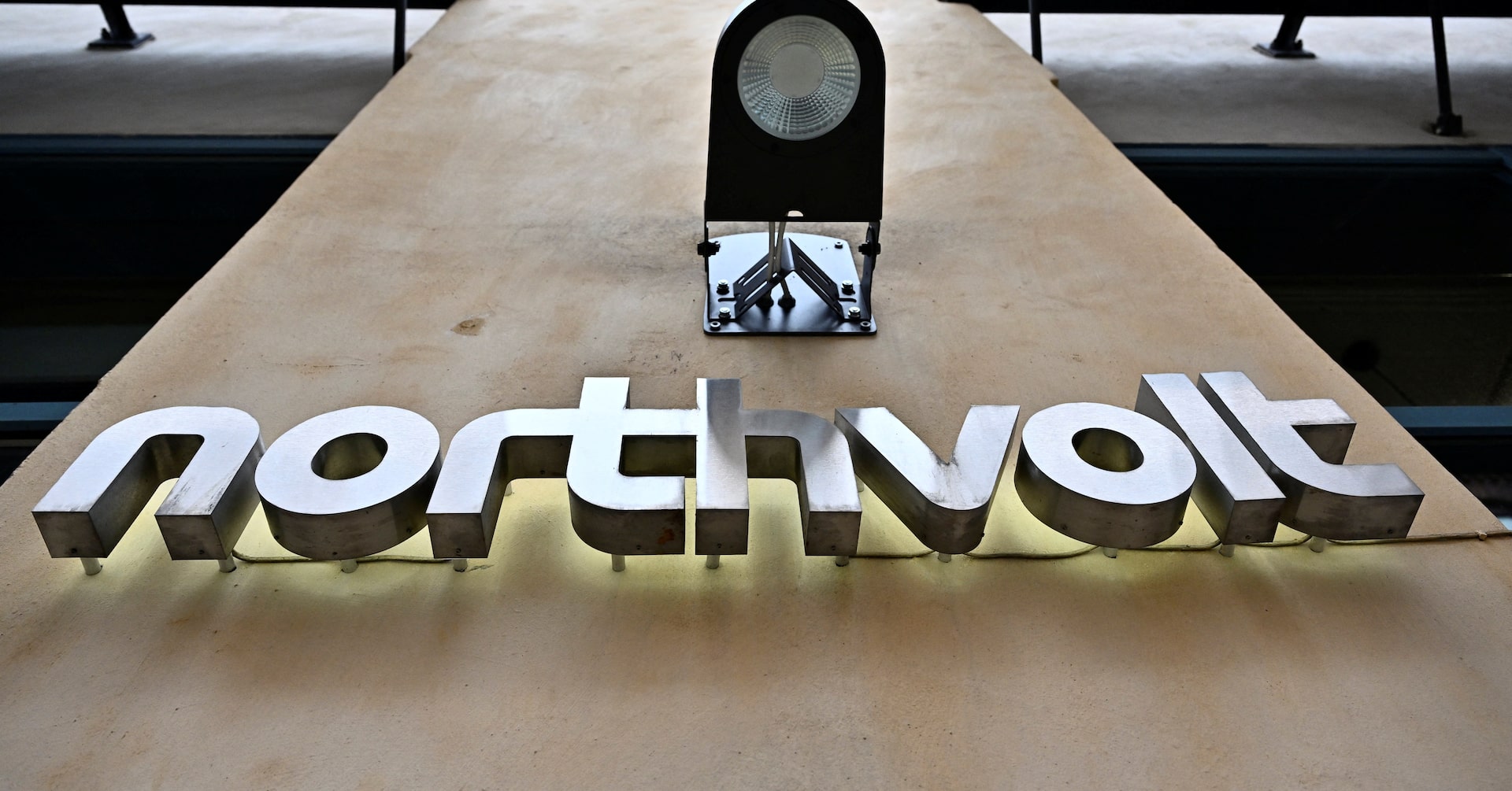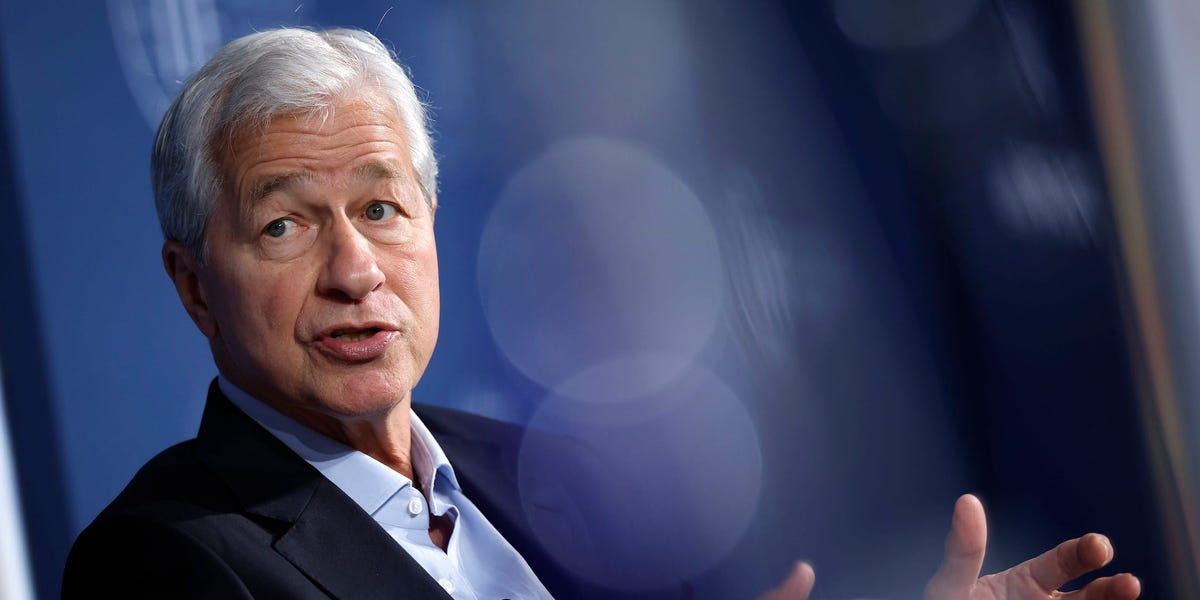Uber Pulls Plug on Taiwan Delivery Hero Acquisition in Surprise Strategic Shift
Business
2025-03-11 19:57:22Content

Uber Technologies Inc. has officially abandoned its plans to acquire Foodpanda, the Taiwanese subsidiary of Delivery Hero SE, following a decisive intervention by the island's competition watchdog. In December, Taiwan's antitrust regulator dealt a significant blow to the proposed acquisition, effectively halting Uber's expansion strategy in the local food delivery market.
The failed deal highlights the increasing scrutiny that tech giants face when attempting to consolidate their market presence through strategic acquisitions. Despite Uber's ambitions to strengthen its foothold in Taiwan's competitive food delivery landscape, regulatory concerns ultimately prevented the transaction from moving forward.
This setback underscores the complex challenges multinational technology companies encounter when navigating local regulatory environments, particularly in markets with robust antitrust regulations. For Uber, the rejection represents a temporary roadblock in its ongoing global expansion efforts.
Uber's Strategic Retreat: Unraveling the Foodpanda Acquisition Collapse in Taiwan
In the dynamic landscape of global technology and food delivery services, corporate strategies often encounter unexpected challenges that reshape market dynamics and test the resilience of international business expansion efforts.When Regulatory Hurdles Halt Corporate Ambitions
The Antitrust Landscape in Taiwan's Tech Ecosystem
The technological marketplace in Taiwan represents a complex and nuanced environment where regulatory frameworks play a pivotal role in shaping corporate interactions. Antitrust regulations serve as critical guardians of market competition, ensuring that no single entity can monopolize critical service sectors. In the case of Uber's proposed acquisition of Foodpanda's Taiwanese operations, these regulatory mechanisms demonstrated their potent ability to interrupt seemingly straightforward corporate transactions. Taiwan's competition authorities have consistently maintained a stringent approach to mergers and acquisitions, particularly in technology-driven service industries. Their meticulous evaluation process scrutinizes potential market implications, consumer impact, and competitive landscape transformations that could emerge from significant corporate consolidations.Uber's Strategic Recalibration
By terminating the Foodpanda acquisition deal, Uber has exhibited strategic flexibility and a pragmatic approach to international market expansion. The decision reflects a sophisticated understanding that regulatory compliance supersedes immediate business growth objectives. Such corporate adaptability is crucial in navigating complex international market environments where legal and regulatory frameworks can swiftly alter strategic trajectories. The withdrawal signals Uber's commitment to maintaining transparent and compliant business practices, even when confronted with substantial investment potential. This approach underscores the company's long-term vision of sustainable market engagement rather than pursuing aggressive, potentially problematic expansion strategies.Implications for Food Delivery Market Dynamics
The collapsed acquisition sends ripple effects through Taiwan's food delivery ecosystem. It highlights the intricate balance between corporate ambition and regulatory oversight, demonstrating that market entry strategies must be meticulously crafted with comprehensive understanding of local regulatory landscapes. For Foodpanda, this development represents a significant moment of recalibration. The inability to complete the sale with Uber necessitates alternative strategic considerations for maintaining competitive positioning within Taiwan's increasingly sophisticated food delivery marketplace.Broader Technological and Regulatory Considerations
This incident illuminates broader trends in global technology markets, where regulatory bodies are increasingly assertive in protecting market competition and consumer interests. The intervention reflects a growing global trend of heightened scrutiny surrounding technology sector consolidations, particularly in service-oriented digital platforms. The Uber-Foodpanda scenario serves as a compelling case study for understanding the complex interplay between corporate strategy, regulatory frameworks, and market dynamics in contemporary technological landscapes. It underscores the critical importance of comprehensive due diligence and adaptive strategic planning in international business environments. Ultimately, while the acquisition's termination represents an immediate setback, it also presents opportunities for both Uber and Foodpanda to reassess their market engagement strategies, potentially leading to more nuanced and locally attuned approaches in the future.RELATED NEWS
Business

Small Business Revival: Kelly Loeffler Tapped to Lead SBA in Surprising Senate Confirmation
2025-02-19 19:40:42
Business

Trade Tensions Squeeze Wartsila: Battery Sector Braces for Impact, Marine Division Stands Firm
2025-04-25 10:06:28






